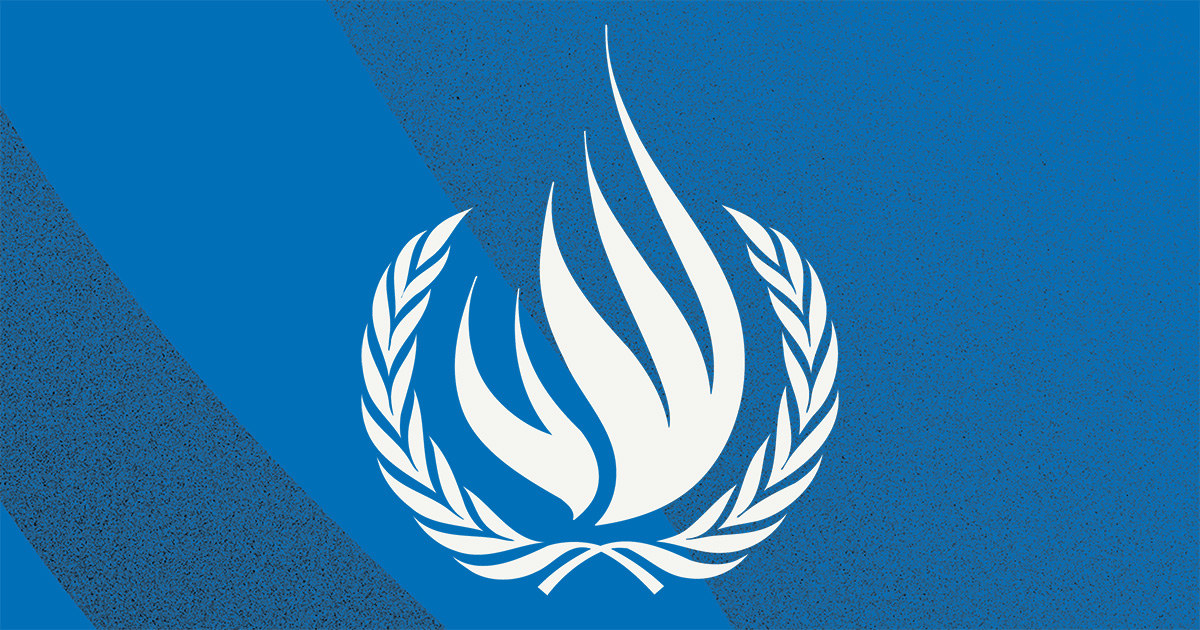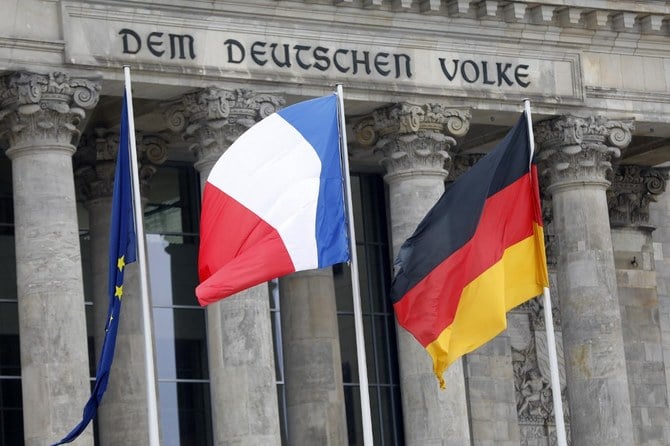
The treaty pledges stronger political, economic and defense ties and restates their commitment to the EU
AACHEN, Germany: France and Germany Tuesday signed a new friendship treaty to deepen their alliance at a time of crisis for the EU, drawing fire from the far right which President Emmanuel Macron slapped down for “spreading lies” about the pact.
Macron and German Chancellor Angela Merkel inked the accord to deepen ties as Britain prepares to leave the European Union and tensions rise with populist leaders.
The treaty pledges stronger political, economic and defense ties and restates their commitment to the European Union.
The document has come under attack from the far right, which accuses the pair of signing away national sovereignty.
The leader of France’s National Rally, Marine Le Pen, accused Macron of “an act that borders on treason.”
And a co-chief of Germany’s far-right AfD party, Alexander Gauland, charged that Paris and Berlin were seeking to create a “super EU.”
“We as populists insist that one first takes care of one’s own country,” said Gauland. “We don’t want Macron to renovate his country with German money.”
Macron condemned the allegations, saying that “those who forget the value of French-German reconciliation are making themself accomplices of the crimes of the past.”
“Those who... spread lies are hurting the same people they are pretending to defend by seeking to repeat our history.”
Macron said the treaty “shows that our friendship between France and Germany, our common project and our ambition for Europe are what really protect us, and what allow us really to take back control of our lives and to build our destiny.”
Tuesday’s signing ceremony took place in the German city of Aachen, on the Dutch and Belgian borders — a place rich in European symbolism as the seat of power of Charlemagne, the 9th-century European emperor.
It was held on the anniversary of a friendship pact signed in 1963 by Charles de Gaulle and Konrad Adenauer.
The new accord aims to strengthen the “Franco-German motor” seen as the driving force behind European integration.
It commits France and Germany to closer military ties, including possible joint deployments — in the event of a terror attack, for example.
The two countries could also cooperate more closely on procurement, such as the purchase or development of new tanks or fighter jets.
While both leaders underlined the two countries’ friendship that was painstakingly built up in the decades following World War II, policy differences remain.
The divide was laid bare during a dialogue with citizens. Merkel and Macron were asked about issues upon which they differ — from Germany arms sales embargo on Saudi Arabia to its phase-out of nuclear energy, which remains France’s main power source.
Both have also faced domestic discontent in recent months.
Macron took office in May 2017 promising major EU reforms to restore faith in its institutions and quell rising populism.
But his ideas met only lukewarm support from Merkel and other EU leaders.
Paris and Berlin have also differed on other issues including how to tax big Internet firms.
Macron’s hand has been further weakened by more than two months of “yellow vest” protests in France.
In Aachen, he was greeted by boos and calls of “Macron, resign” from dozens of protesters who had traveled across the border.
Merkel is on her last lap as the leader of Europe’s biggest economy, having announced she would step down as chancellor in 2021.
Her departure may be hastened if her party returns poor scores at European Parliament elections in May, as well as in three crucial state polls in eastern Germany, the AfD party stronghold.
Some observers believe the treaty is all the more important given the headwinds facing both economies.
“We’re seeing an existential crisis in terms of European integration, with Brexit and the expected strengthening of nationalists at the next European elections,” said Claire Demesmay, a political scientist at German research institute DGAP.
“In this context, confirming this belief in Franco-German cooperation has symbolic value,” she told German public radio.
But others note their differences will hinder any real steps forward in cooperation, even if there is a will to do so.
German magazine Spiegel Online noted that while the treaty “is full of good intentions, it lags far behind what is necessary.”
“After all the crises and upheavals of recent years, Merkel and Macron have failed to rekindle the fire of European enthusiasm.”











